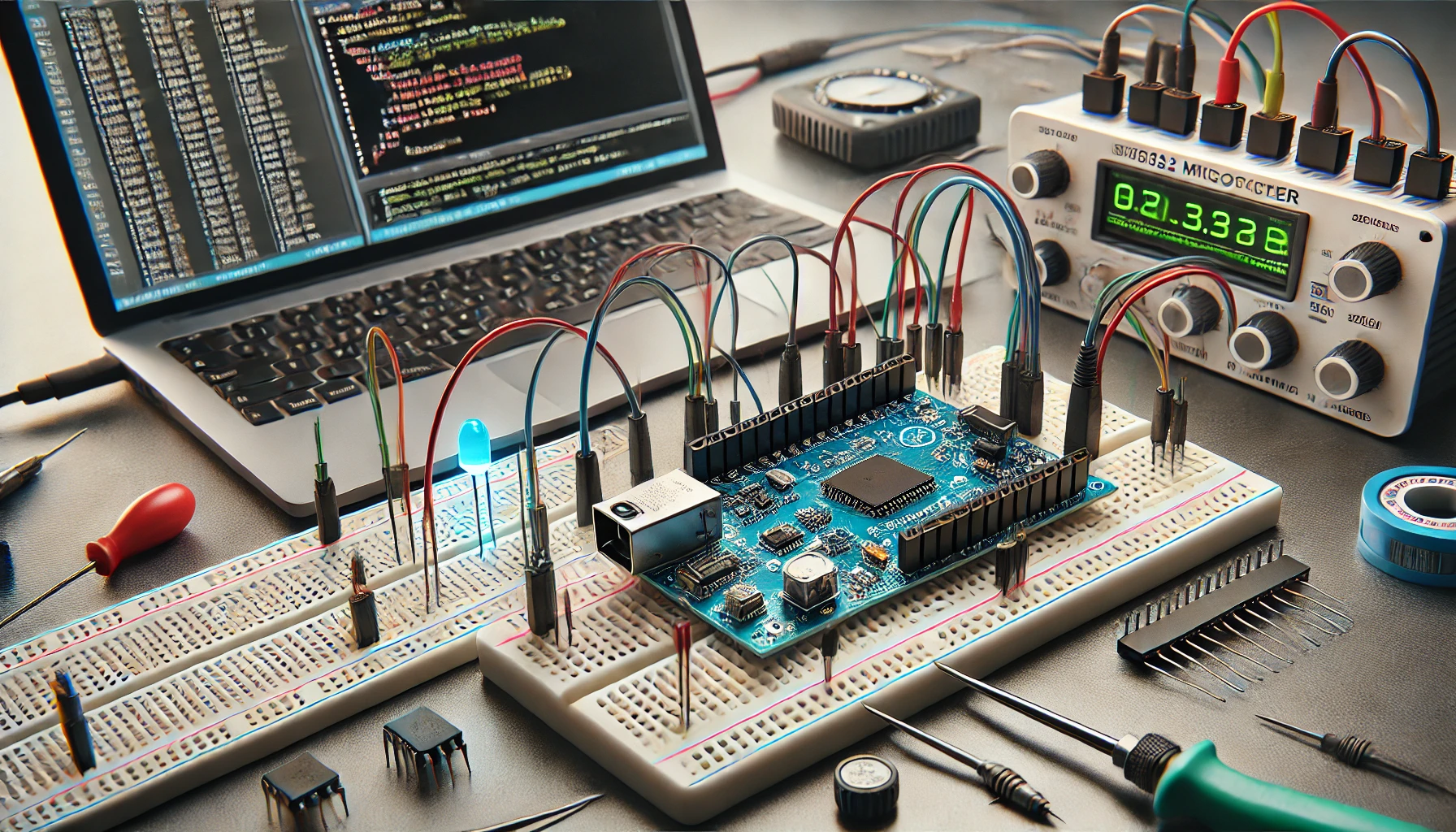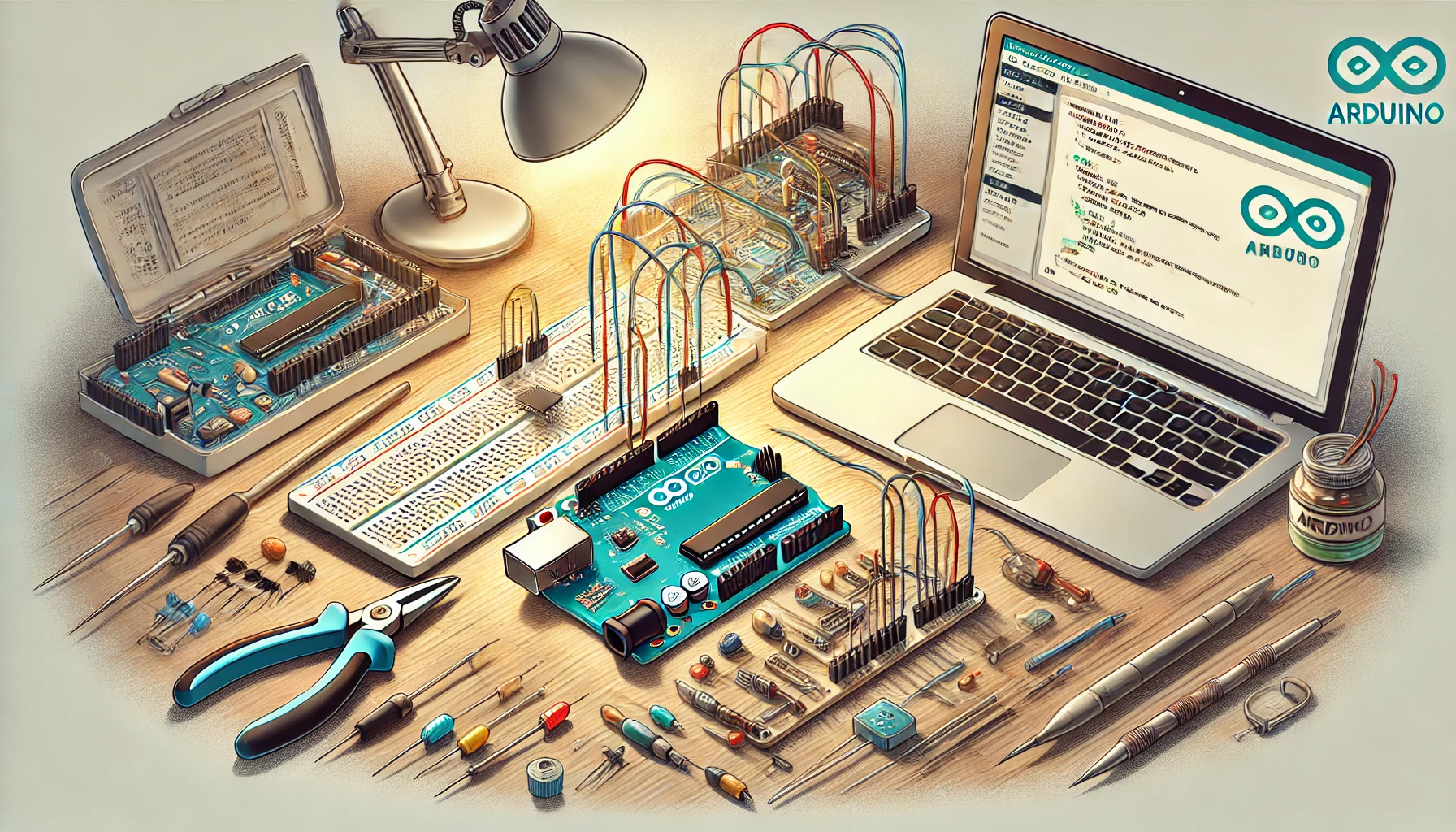
Understanding Basic Electricity and Electronics: A Beginner’s Guide , Electricity and electronics form the backbone of modern technology. Understanding these concepts is not only vital for engineers but also beneficial for anyone curious about how the devices around them work. This article will explore the foundational principles of electricity and electronics, introducing key laws, circuit principles, and fundamental components such as resistors, capacitors, and inductors.
1. Fundamental Concepts of Electricity
Electricity revolves around the movement of electrons in a conductor. Here are some essential terms and concepts:
- Voltage (V): Often called electric potential difference, voltage is the force that drives the flow of electrons. It’s measured in volts (V).
- Current (I): The flow of electrons through a conductor is referred to as current, measured in amperes (A).
- Resistance (R): The opposition to current flow within a material, measured in ohms (Ω).
These three elements are interconnected through Ohm’s Law, which is expressed as:
This law provides a simple way to calculate one quantity if the other two are known.
2. Key Circuit Principles
Electrical circuits are pathways that allow current to flow. Here are two fundamental principles:
2.1 Kirchhoff’s Laws
- Kirchhoff’s Current Law (KCL): The total current entering a junction equals the total current leaving the junction.
- Kirchhoff’s Voltage Law (KVL): The sum of all voltages in a closed loop equals zero.
These laws are indispensable for analyzing complex circuits.
2.2 Power Calculations
Power in an electrical circuit is calculated using the formula:
Where P is power in watts, V is voltage, and I is current.
3. Fundamental Components
3.1 Resistors
- Function: They limit the flow of current.
- Applications: Resistors are used in circuits to control voltages and currents, and in devices like LEDs to prevent them from receiving too much current.
3.2 Capacitors
- Function: Capacitors store and release electrical energy.
- Applications: Common uses include smoothing fluctuations in power supply and in timing circuits.
3.3 Inductors
- Function: Inductors store energy in a magnetic field when current flows through them.
- Applications: They’re commonly found in filters, transformers, and power supplies.
4. Practical Applications and Everyday Insights
The principles of electricity and electronics aren’t just theoretical—they impact everyday life. Here are a few examples:
- Household Wiring: Understanding circuits can help in troubleshooting electrical issues, such as short circuits.
- Electronic Devices: From smartphones to microwaves, the operation of devices relies on the proper functioning of electronic components.
- Renewable Energy Systems: Concepts like voltage, current, and resistance are central to designing and maintaining solar power systems.
5. The Importance of Learning Electricity and Electronics
Grasping these principles is a stepping stone toward deeper knowledge in advanced topics like digital electronics, microcontrollers, and programming for embedded systems. Moreover, it equips enthusiasts to experiment with creating their own circuits, fostering innovation and creativity.
Conclusion
The study of electricity and electronics is both fascinating and practical. Starting with basic laws like Ohm’s Law and Kirchhoff’s Laws, and learning about components such as resistors, capacitors, and inductors, lays a solid foundation for exploring the intricate world of electronics. Whether you aim to be an engineer, a hobbyist, or someone seeking to understand the devices around you, these principles open the door to endless possibilities.
Understanding Basic Electricity and Electronics: A Beginner’s Guide





Comments (0)